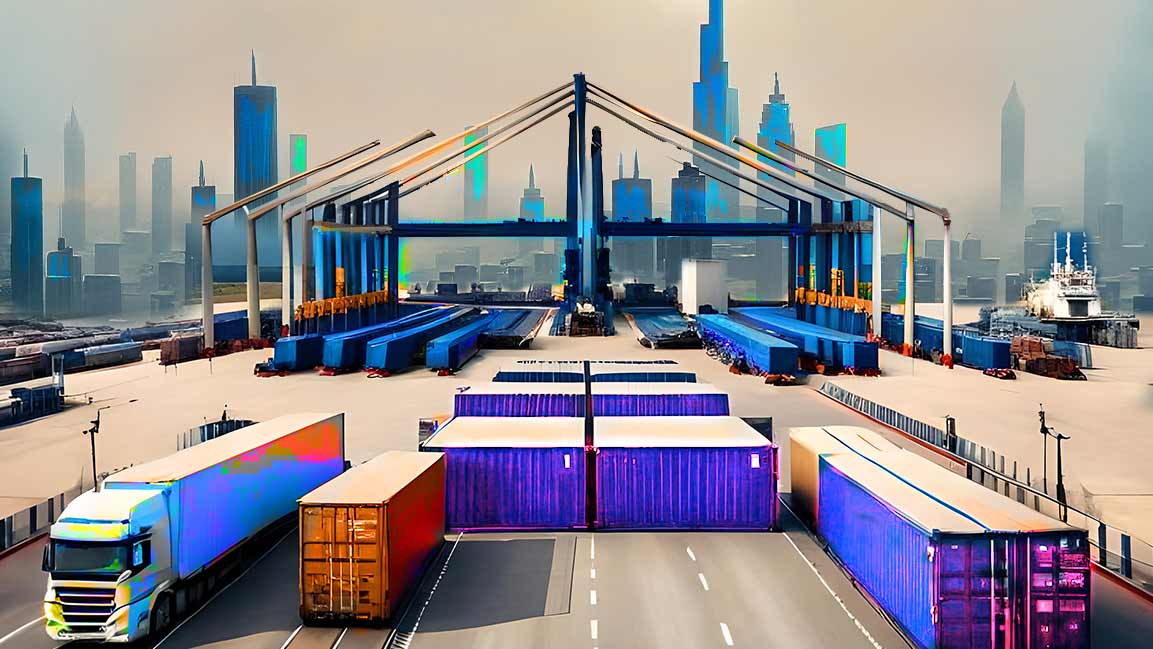- | 11:00 am
Saudi Arabia is ramping up a new logistics strategy to become a global hub
The kingdom will develop 59 logistics centers by 2030

Now accepting applications for Fast Company Middle East’s Most Innovative Companies. Click here to apply.
Saudi Arabia unveils a new master plan to open 59 new logistics centers by 2030 as part of its broader National Transport and Logistics Strategy (NTLS).
The Master Plan for Logistics Centers calls for developing 59 centers across Saudi Arabia, with an area of more than 100 million square meters. Of these centers, 12 will be in Riyadh, 12 in Makkah, 17 in the Eastern Region, and 18 in other parts of the country. Currently, 21 of these centers are under construction.
“The plan is part of a package of ongoing initiatives set as targets by the (NTLS) to develop the logistical sector to support the economy and increase the local, regional, and international connections of the international trade networks and global supply chains, “ said Prince Mohammed bin Salman bin Abdulaziz, Crown Prince, Prime Minister and Chairman of the Supreme Committee for Transport and Logistics.
He also stressed that the plan will help “boost the partnership with the private sector, and thus increase the opportunity to generate jobs, and make the Kingdom of Saudi Arabia a global logistical hub, given its geographical location among three important continents: Asia, Europe, and Africa.”
As part of its Vision 2030, Saudi Arabia invests heavily in its transport sector, with plans to spend more than $133 billion by 2030. This includes the development of the logistics sector, which is seen as a key driver of economic growth. The kingdom plans to build more than 300 transport and logistics projects in partnership with the private sector.
The strategy also aims to increase the share of the transport and logistics sectors in the national gross domestic product (GDP) from 6% in 2021 to 10% by the end of this decade.
Saudi Arabia’s economy grew by 1.1% in the second quarter of 2023, supported by a strong expansion in the non-oil sector. The non-oil sector grew by 5.5% in the three months to the end of June, compared with the same period in 2022.
This growth was driven by several factors, including the expansion of the private sector, the government’s investment in infrastructure, and the development of the tourism industry.
“The logistics services sector represents one of the promising pillars of economic diversification and development in the kingdom,” said SPA.
“It is currently witnessing many important initiatives and major developments aimed at developing the sector and expanding its economic and developmental contributions,” they added.































